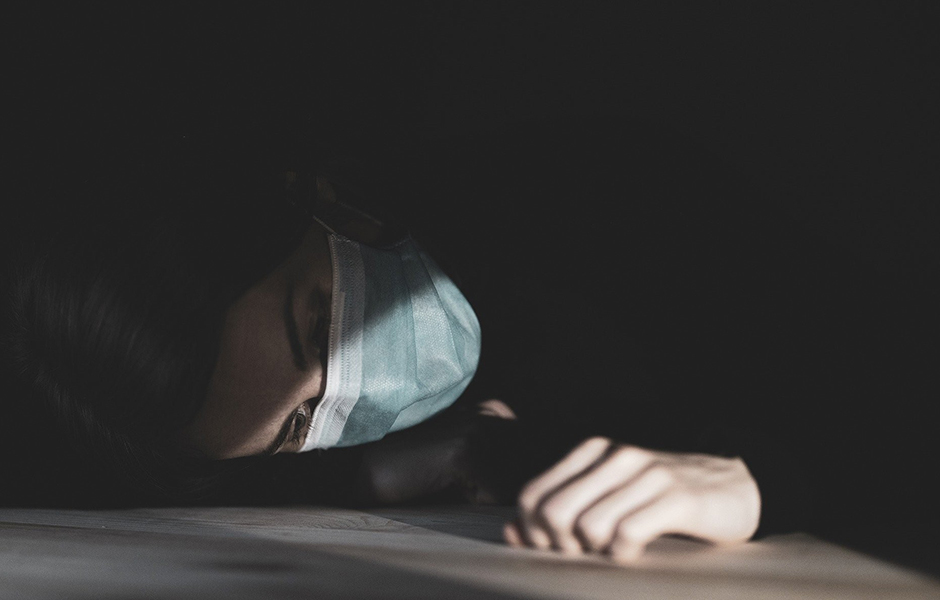About 52% of health professionals show signs of physical or psychological exhaustion and burnout associated with their professional practice during the COVID-19 pandemic. Professionals who are “at the forefront of the fight” are the most affected, showing significantly higher signs not only of burnout but also of stress and anxiety.
These are the preliminary results of the study “Impact of COVID-19: the role of resilience in depression, anxiety and burnout in health professionals”, developed by researchers from the Faculty of Medicine of the University of Porto (FMUP), CINTESIS and Higher School of Education of the Polytechnic of Porto.
“It was important to understand the state of these professionals from a psycho-emotional point of view, with the gradual introduction of measures to finish confinement”, explain the coordinators, Ivone Duarte (FMUP / CINTESIS) and Carla Serrão (ESE.P. PORTO / InED).
The answers collected in the online questionnaire show that about 51% of health professionals admit to being physically or psychologically exhausted and more than 52% report being burnout because of the work they do, with 35% having “high levels of exhaustion”.
According to the coordinators of the study, “these results seem to indicate that COVID-19″ resulted in the exacerbation of mental health-related problems, with a particularly emotional and physical impact on health professionals who are at the forefront.”
The reason given is “the exposure of professionals to unprecedented requirements, such as high mortality, the rationing of personal protective equipment (PPE), the inherent pressure of the professional duty to take care of patients, fear of infection and ethical dilemmas concerning access to fans and other essential materials”, in addition to the “need to reconcile family and professional life.”
According to the researchers, the resilience and satisfaction with life may, in some way, “cushion the impact of COVID-19”. Despite the physical and psychological exhaustion, “about 80% of health professionals consider themselves capable of facing difficult and potentially stressful situations”.
The questionnaire was carried out from May 9 to 18 and almost 1500 health professionals answered it, including doctors, nurses, physiotherapists, nutritionists, psychologists, pharmacists, and diagnostic and therapeutic technicians. Of these, 28% work directly with persons infected with the new coronavirus (SARS-CoV2), 23% have already been tested for the infection and 75% considered that they have the personal protective equipment necessary for the performance of their professional activity.
The research group will now focus on the characteristics that may interfere with the differences found in terms of the mental health of professionals who are at the forefront of the fight against COVID-19 and those who are not directly involved. The next objective is “to support their psychological well-being and resilience and ensure their gradual and global recovery”.

